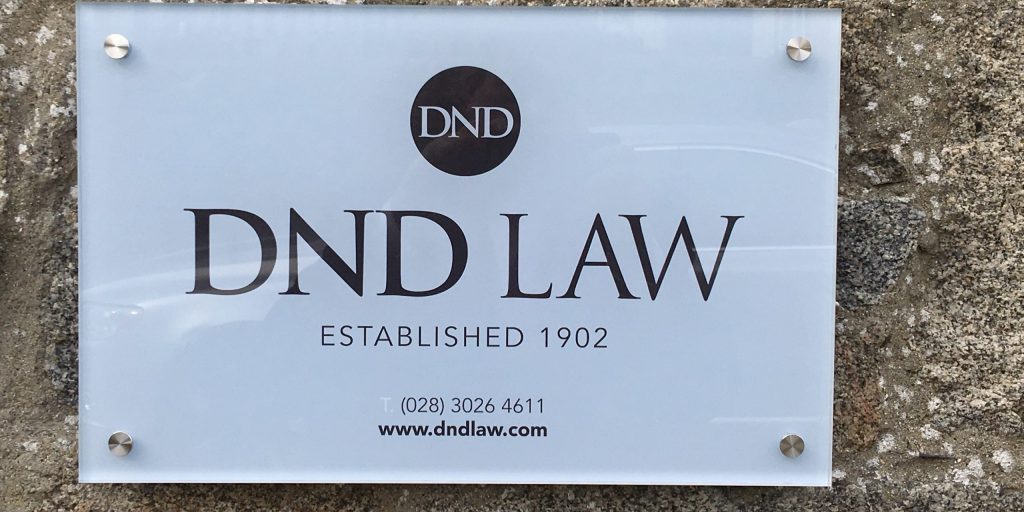DNDLAW Tax Guide How to minimise your IHT
IHT – What is it ?
Each person benefits from an exemption from IHT on the first £325,000 of their estate (the nil-rate band). Thereafter your estate is taxed at a flat 40 per cent. Married couples and those in civil partnerships benefit from two concessions. First, on dying they can pass assets to their partners free of IHT. A surviving spouse can make use of any unused nil-rate band belonging to the deceased spouse, thus enabling a couple to shelter £650,000 of their combined estate from IHT.
Increase in Allowances
Starting next year (2017-18), the chancellor is substantially increasing the amounts that can be handed down tax-free on death — but only for certain categories of people. From April 2017, a family-home allowance will be added to some taxpayers’ nil-rate band. The extra amount will start at £100,000 in 2017-18, rising to £175,000 in 2020-21. So by 2020 those qualifying for this allowance will have a nil-rate band worth £500,000 and couples will be able to shelter a combined £1 million from IHT.
To qualify for this tax break you will have to be (a) married or in a civil partnership, (b) have a family home and (c) have children to pass your wealth on to.
Ways to minimise IHT
The main way to reduce the size of your estate is to make what are known as potentially exempt transfers (PETs), where gifts of any size to an individual can be made free of IHT provided that the donor survives for seven years after making the gift. The key thing is that the gift must be genuine. It is no use saying you have given away a valuable painting if it is still hanging in your house.
Where an individual dies within seven years of making a gift then it is added to their estate and there may be tax at 40 per cent to pay. However, the rate of tax is reduced for gifts made between three and seven years before death, starting at 32 per cent for three to four years to 8 per cent for six to seven years.
There are several one-off gifts that anyone can make. They can hand over money totalling £3,000 a year, distributing it as they want, as well as making unlimited numbers of small gifts of up to £250 per recipient.
For weddings or civil partnerships you can donate up to £5,000 to a child and £2,500 to a grandchild. You can also make regular gifts from income that will be IHT-free provided that they are made regularly and do not affect the donor’s standard of living.
Gifts from grandparents
Although the use of trusts to minimise IHT has been greatly reduced after a series of crackdowns by successive chancellors, The interest earned can be set against the child’s annual personal allowance, £11,000, so in most cases there will be no tax to pay on the interest. The child gains access to the money at age 18, while the grandparents have reduced their estate by making the gifts.
Passing on Isas and pensions
From April 2015 it has been possible to pass an Isa pot to a spouse or civil partner at death with no income tax or capital gains tax (CGT) to pay on the underlying investments. Previously, Isas transferred in this way between spouses did not attract any IHT (which remains the case) but the underlying investments in the Isa became liable for income tax and CGT.
People can now also pass on their pension pots to their beneficiaries free of IHT. If they die before the age of 75, not only will there be no IHT to pay, there will be no income tax when the recipient starts drawing money from the pot. If death occurs at age 75 or over, there will still be no IHT to pay but the recipient will be taxed at their highest marginal rate when drawing income from it.
IHT-FREE INVESTMENT OPTIONS
Alternative Investment Market
More than 500 stocks listed on the Alternative Investment Market (AIM) qualify for exemption from inheritance tax (IHT) after they have been held for two years because they are deemed to be business assets.
To be classified as a business asset a company must be a trading company rather than an investment company.
Enterprise Investment Schemes
Shares in EISs also qualify for IHT relief once they have been held for two years. You can invest up to £1 million a year in these schemes, which are designed to encourage people to invest in small unquoted companies. You benefit from upfront tax relief at 30 per cent and provided that the investment is held for three years there is no capital gains tax to pay when the EIS is sold.
Any dividends are subject to income tax. If EIS shares are sold at a loss then the loss (minus any income tax relief already given) can be set against other capital gains. In addition, capital gains realised elsewhere can be deferred if they are reinvested into an EIS and the original tax bill is paid when the EIS investment is sold.
DNDLAW Solicitors
Donnelly Neary & Donnelly offer a full range of legal services including Conveyancing Tax Commercial Criminal Family Law Divorce Wills Probate Immigration Notary Public from offices in Newry Castlewellan Dublin Portadown serving all of County Down Armagh and Belfast
For more information visit our offices or telephone 028 30264611
Our website is www.dndlaw.com & www.notaryni.co.uk
Offices at
1 Downshire Road Newry County Down BT34 1ED
21 Deans Court Christchurch Dublin 8
31 Main Street Castlewellan County Down
17/19 Church Street Portadown County Armagh
Facebook https://www.facebook.com/Donnelly-Neary-Donnelly-Solicitors-149619965051500/info?tab=overview
Twitter @kevinneary
road,traffic,accident,claims,solicitors,armagh,down,,belfast,newcastle,Portadown,lurgan,dungannon,Antrim,personal,injury,immigration,Conveyancing ,employment,divorce,house,fee,claim,Ireland,fee,quote,tax,wills,probate,farming ,agricultural,relief,first,buyer,mortgage,Newry,BELFAST,Banbridge,will,law,lawyer,Banbridge,Castlewellan,Newcastle,Warrenpoint,legal,aid,crime,Dublin,Crossmaglen,

